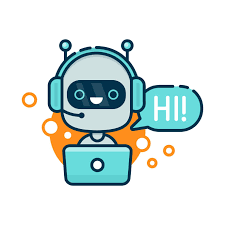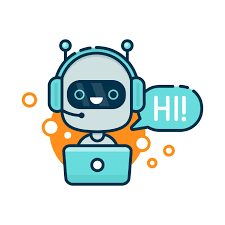An artificial intelligence-powered virtual assistant platform for senior living and care providers.
Betting that AI could lighten the clinician load.
Home Instead goal: Applying technology to make home care more efficient.
Mountain Empire serves about 3,000 people in Appalachia providing meals, transportation and personal care.

 It’s 2024 -- chatbots, yuck? Given the pace of change in AI technology – both the software and its rate of adoption – it’s curious that recently the
It’s 2024 -- chatbots, yuck? Given the pace of change in AI technology – both the software and its rate of adoption – it’s curious that recently the 
 AI and older adults – powerful if enabled. There are few limits to the possible benefits of AI in its many forms, conversational, generative, Chatbots and more. Some say that we are in
AI and older adults – powerful if enabled. There are few limits to the possible benefits of AI in its many forms, conversational, generative, Chatbots and more. Some say that we are in